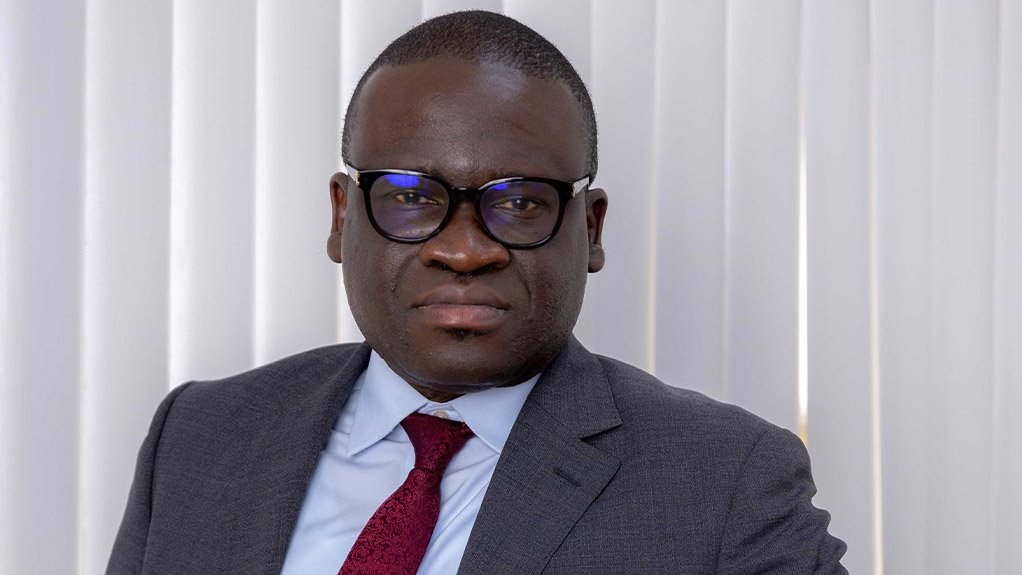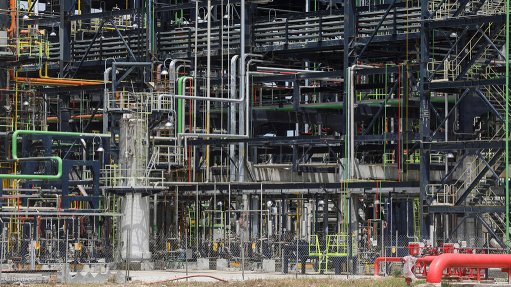Electrical safety is non-negotiable in the urbanisation of West Africa
This article has been supplied.
By: Ajibola Akindele MFR - Country President, Schneider Electric West Africa
West Africa’s urban economies are experiencing noteworthy growth. From new residential estates to modern hospitals and hotels, construction activity is reaching impressive levels. Cities such as Lagos, Nigeria, Accra in Ghana, Côte d’Ivoire’s Abidjan are expanding in both height and sheer footprint, driven by rising demand for housing, healthcare infrastructure, and commercial spaces.
However, there is also fundamental hurdle to cross, how does the industry ensure safety keeps pace with development. In some cases, infrastructure needs outstrip regulatory enforcement, and cost or time pressures may lead to shortcuts in installation practices.
And unfortunately, the results can be catastrophic, buildings that appear state-of-the-art conceal electrical vulnerabilities that pose risks to people, equipment, and long-term investment.
Imagine a luxury hotel undergoes renovations to add more rooms and conference facilities. Instead of using certified surge protection devices and arc fault detection systems, the cheaper, substandard alternatives are installed.
Within months, a power surge damages critical equipment and causes a small electrical fire in a utility room. And whilst no one is hurt, the hotel suffers reputational damage, financial losses, and unexpected downtime.
The real risks
Today, electrical safety isn’t just about ticking compliance boxes, it’s about protection people, equipment and infrastructure.
According to US’ National Fire Protection Association National Fire Protection Association (NFPA) home electrical systems are responsible for over 46,000 fires and nearly 400 deaths annually. In fast-growing markets like West Africa, where infrastructure expansion often outpaces enforcement, the risks can be even more prevalent.
Therefore, when taking a closer look at the electrical safety hazards, it poses the following, very real risks:
- Fire hazards - faulty installations or overloaded circuits can spark devastating fires.
- Equipment damage – overvoltage and surges can destroy expensive equipment.
- Human risk - electrical shock remains one of the most serious hazards, with outcomes ranging from injury to fatality.
Electrical safety is the core of innovation
At Schneider Electric, safety is not an optional feature, it forms the very foundation of our business. We work hand-in-hand with builders, contractors, and electricians across Africa to ensure buildings are powered safely and sustainably from day one.
Our portfolio of electrical protection products is designed to meet the “three golden rules” of safety:
- Protection of people – residual current circuit breakers (RCCB prevent electrocution.
- Protection of equipment – surge protection devices (SPD) guard against costly voltage spikes.
- Protection against fire – arc fault detection devices (AFDD) reduce the risk of electrical fires caused by hidden faults.
Here, ranges like our Easy9, Resi9, and Acti9 Active modular range of circuit protection and distribution systems provide all-in-one protection that is accessible, reliable, and trusted by professionals worldwide.
Building trust through awareness
There is still a lack of awareness regarding the various electrical hazards and their resultant solutions. It is here that education is vital in building a marketplace that is safe and informed.
At Schneider Electric we are not only protecting equipment and property but safeguarding the humans that occupy it: We are addressing this gap by:
- Partnering with homebuilders and contractors to ensure they have access to quality products and training.
- Educating electricians and consumers on the importance of certified electrical safety solutions.
- Supporting compliance with international and national standards, ensuring that West Africa’s rapid growth is also safe and sustainable.
In the end, developers, contractors, and governments in West Africa must work together to raise safety standards, and manufacturers like Schneider Electric are ready to provide the expertise and products to make that possible.
Article Enquiry
Email Article
Save Article
Feedback
To advertise email advertising@creamermedia.co.za or click here
Press Office
Announcements
What's On
Subscribe to improve your user experience...
Option 1 (equivalent of R125 a month):
Receive a weekly copy of Creamer Media's Engineering News & Mining Weekly magazine
(print copy for those in South Africa and e-magazine for those outside of South Africa)
Receive daily email newsletters
Access to full search results
Access archive of magazine back copies
Access to Projects in Progress
Access to ONE Research Report of your choice in PDF format
Option 2 (equivalent of R375 a month):
All benefits from Option 1
PLUS
Access to Creamer Media's Research Channel Africa for ALL Research Reports, in PDF format, on various industrial and mining sectors
including Electricity; Water; Energy Transition; Hydrogen; Roads, Rail and Ports; Coal; Gold; Platinum; Battery Metals; etc.
Already a subscriber?
Forgotten your password?
Receive weekly copy of Creamer Media's Engineering News & Mining Weekly magazine (print copy for those in South Africa and e-magazine for those outside of South Africa)
➕
Recieve daily email newsletters
➕
Access to full search results
➕
Access archive of magazine back copies
➕
Access to Projects in Progress
➕
Access to ONE Research Report of your choice in PDF format
RESEARCH CHANNEL AFRICA
R4500 (equivalent of R375 a month)
SUBSCRIBEAll benefits from Option 1
➕
Access to Creamer Media's Research Channel Africa for ALL Research Reports on various industrial and mining sectors, in PDF format, including on:
Electricity
➕
Water
➕
Energy Transition
➕
Hydrogen
➕
Roads, Rail and Ports
➕
Coal
➕
Gold
➕
Platinum
➕
Battery Metals
➕
etc.
Receive all benefits from Option 1 or Option 2 delivered to numerous people at your company
➕
Multiple User names and Passwords for simultaneous log-ins
➕
Intranet integration access to all in your organisation





















